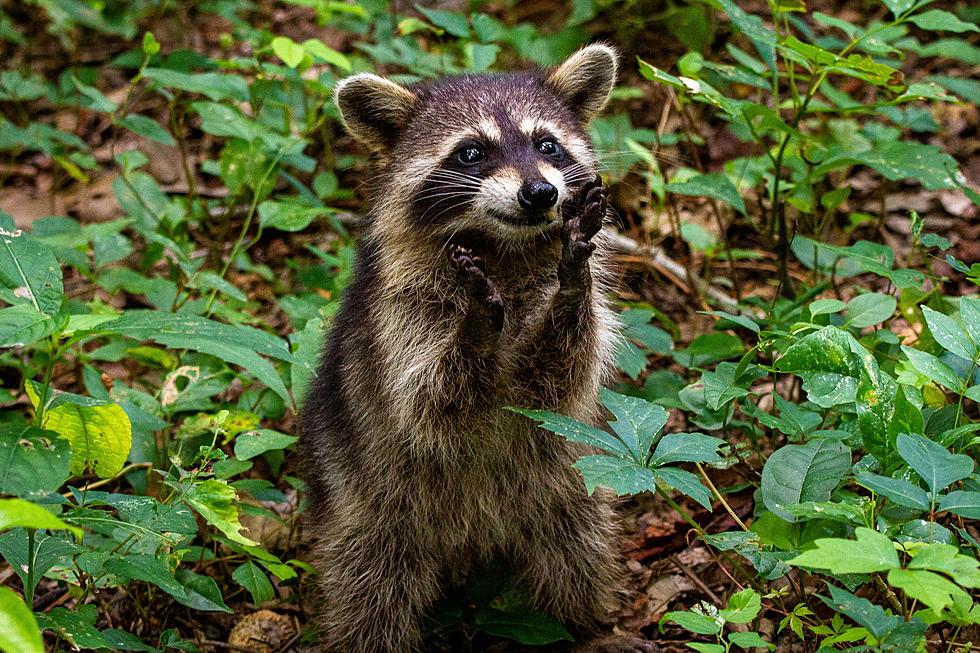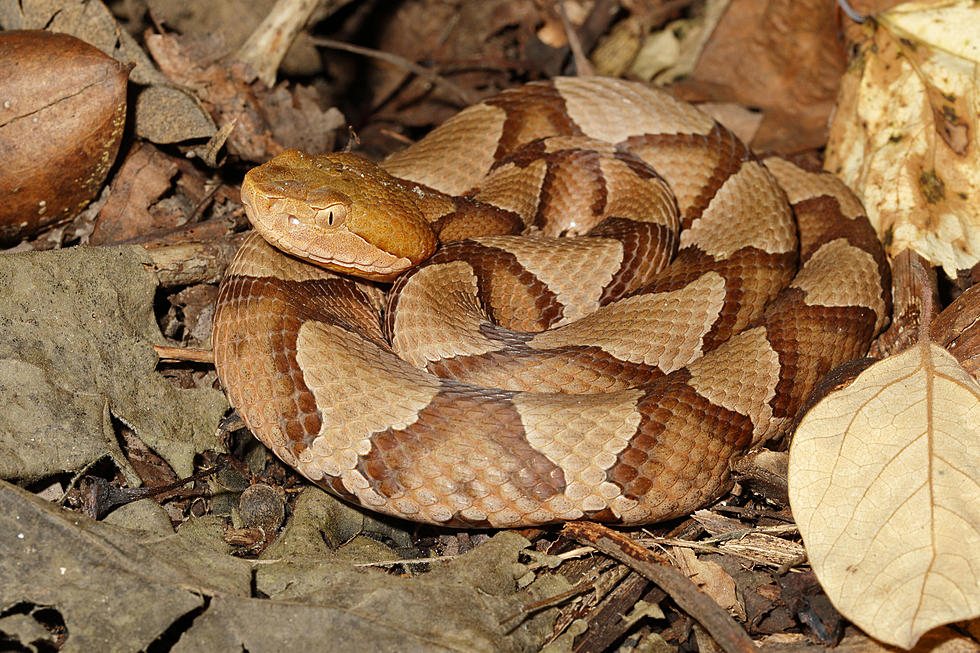
Alabama Beware of This Deadly Virus Recently Found in Wildlife
Recently, we have all become more aware of viruses and how they work. We have also learned how important vaccinations are. A recent finding of a virus in Ashland, AL could serve as a reminder.

According to the Alabama Department of Public Health, there was recently a report of a fox acting strangely within the city limits of Ashland.
The fox was stumbling around town and was captured by the authorities. The animal tested positive for rabies and was subjected to further testing to see what type of rabies it had contracted. There were domesticated, unvaccinated animals on the property where the fox was captured; however, they were unaffected.
Currently, there is no cure for animals or humans that contract rabies from interacting with wildlife.
Raccoons and other wildlife pose a risk of rabies to both animals and humans. The best way to prevent rabies is to keep your pet's vaccinations current.
State law requires dogs, cats and ferrets to be vaccinated at three months of age and annually unless they receive a three-year rabies vaccine. The first vaccination for rabies only lasts for one year.
“Vaccinating your animals against rabies is the best way to keep your pets protected from the deadly virus," State Public Health Veterinarian Dr. Dee Jones said. "Animal vaccinations also help protect people. People are often exposed when the animal first becomes sick and before rabies can be confirmed.”
The Alabama Department of Public Health reminds everyone to take precautions with wildlife and ensure all your pet's rabies vaccinations are current. Always report an animal bite or any other encounter to your medical provider. You can find tips to help avoid exposure to rabies at the ADPH website.
Most Dangerous Cities in Alabama
Top 20 Safest Alabama Cities
Alabama’s Top 20 Fastest Growing Cities
More From 95.3 The Bear









